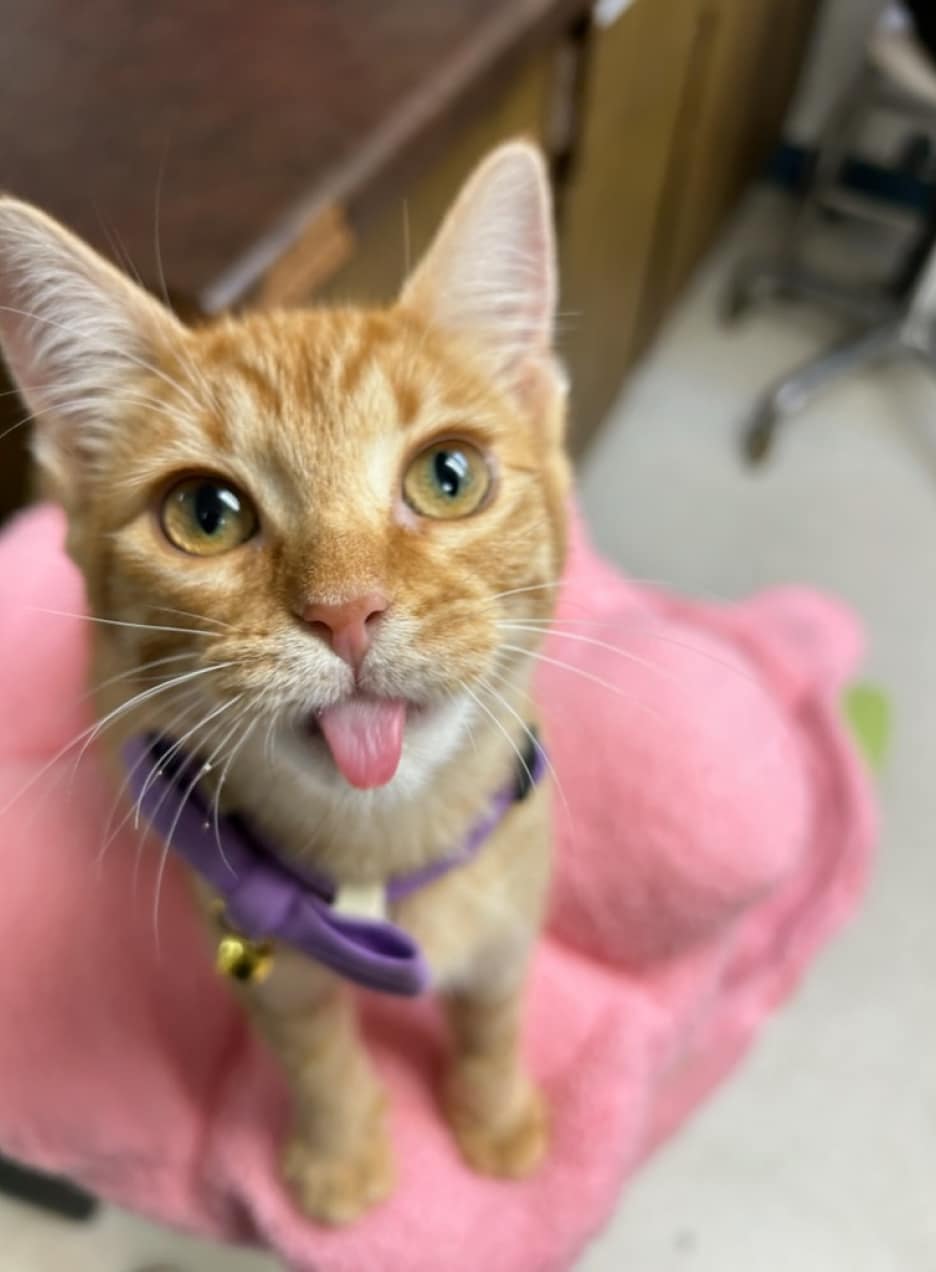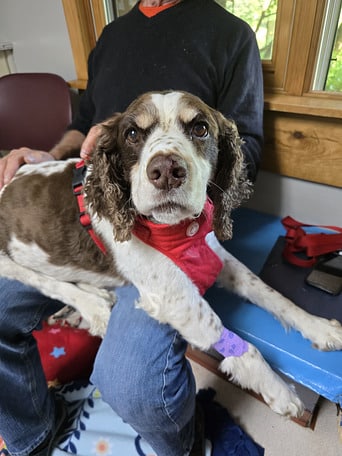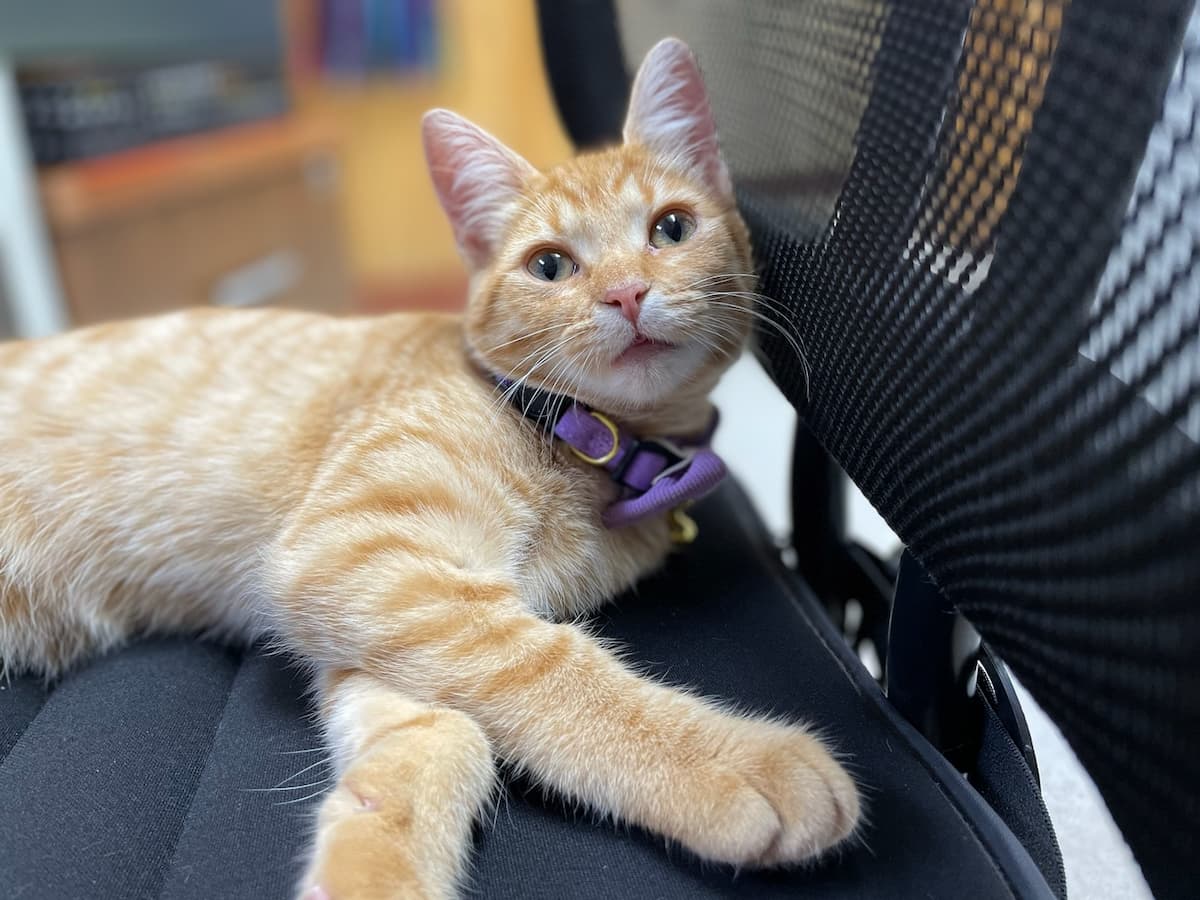Home Health Dental Care: Caring For Your Pet’s Teeth At Home
We know that your pet will benefit from good health the same way that you do; they will live longer, be more active and happy, and have a better quality of life. People who care about their pets understand this and are looking for the benefits of good veterinary care. Human dentistry developed as a distinct field of medicine to provide both preventive and problem-specific care. Anyone who knows the intense misery of a dental problem from a “toothache” or infected gums will tell you how desperate they were for relief from their pain, and how much they wished for a dentist to help them immediately. Vaccinations, good nutrition, parasite control, and advances in veterinary care are allowing pets to live many times longer than a dog, cat, horse, pet rabbit, or rodent living in the wild. Along with this longevity, the wide variety of breeds has contributed to the development of a number of dental diseases and problems.

The most common symptoms of oral pain in a pet are increased mouth odor, otherwise known as “bad breath”, loss of playfulness, and increased sleeping to “get away” from the pain. Many pets show reluctance to eat dry food or chew treats they once enjoyed. Your pet will commonly act “old” when they have a painful mouth. Determining if the pet’s pain is related to the teeth and providing treatment will give your pet a new quality of life.
The most common health problem in dogs and cats is periodontal disease. This chronic infection of the gum tissue and jawbone commonly results in abscessed teeth that will have a “domino effect” on nearby teeth. Just like for our good oral health, your pet needs good home dental care, appropriate diet and treats, and regular care by your pet’s dental professional to help prevent periodontal disease. Twice yearly dental examinations by your veterinarian can detect problems early. Professional dental cleanings with full mouth dental x-rays are necessary as 60% of the tooth is located under the gumline. These are performed to assist in periodontal therapy if needed. Small dogs are much more commonly affected and seriously impacted by this hidden chronic infectious disease. Many pets suffer and lose teeth unnecessarily to this disease because regular preventive care gets “put off” until the future.
Dogs commonly suffer from fractured (broken) teeth that become infected, abscessed, and create chronic misery. Dogs break teeth by chewing or picking up hard objects including rocks, bones, metal objects, or nylon chew toys. Never let your dog chew on an object unless it is soft enough for you to bend it in your hands. There are only two ways to treat broken teeth to prevent them from developing tooth root abscesses in the jawbone. They can be saved with surgery or need to be extracted completely. Not providing care for these broken teeth results in lifelong pain for your pet.
Cats commonly develop resorptive lesions (a kind of cat cavity) that are very painful. Between 25% to 33% of all cats suffer silently from these hidden problems. Research has yet to find the cause of, or the way to prevent, these miserable lesions. Teeth that are affected by resorptive lesions need to be surgically removed to stop the pain.
Horses, rabbits, and rodents develop a unique set of dental problems due to the continuous growth, and uneven wear of their teeth. Care provided by a knowledgeable professional can vastly improve their quality of life and longevity.
Good dental care for your pet is a joint responsibility between you and your veterinarian. Daily home dental care, appropriate foods, and chew treats can help your pet at home. Your pet will need regular examinations and professional dental care when necessary to help prevent years of silent suffering with hidden chronic dental disease. Your pet will live years longer, have a happy life, and will return your love with big, wet, sweet-non-smelling kisses!

Products with Veterinary Oral Health Council (VOHC) label can help keep your pet’s teeth cleaner and the gum tissues healthier. Feeding a “tooth-brushing” food – Hill’s Healthy Advantage Diet or Hill’s Prescription Diet T/D, or using a VOHC-approved dental treat daily can help maintain good oral hygiene.
*The Veterinary Oral Health Council recognizes products that meet pre-set standards of plaque and tartar control. Products awarded the “VOHC Accepted” Seal include dental diets and treats – they are listed at www.vohc.org or click the links below.


Treats & Chews
Use the “rule of thumb” to determine if an item is okay for your dog to chew. The rule is that if your thumbnail cannot indent the surface of the item, it should not be given to your dog as it can predispose the teeth to fracture. Please avoid giving nylon bones, ice cubes, cow hooves, antlers, bully sticks, marrow bones, and other very firm toys and chews. Rawhides are good, but can cause gastrointestinal upset and are a possible foreign body hazard.
Even with good home care, most pets should have their teeth cleaned annually to maintain their mouths in good health and to monitor for hidden painful problems that may not be detectable while they are awake.
Tooth Brushing At Home
Your pet should have their teeth brushed daily. We would be happy to demonstrate how to begin.
To keep your pet’s teeth and gums as healthy as possible, we recommend that you brush the teeth every day. In order to brush the teeth, take a soft-bristled toothbrush or baby tooth brush, wet it with warm water, and brush the surface of his teeth for a total of 30 seconds. It is a good idea to get your pet accustomed to brushing over a 2-4-week period.
Start with introducing your pet to the taste of the toothpaste on your finger or the toothbrush. You may try using a finger brush starting with his canine teeth to get your dog accustomed to the sensation. Then you may advance to brushing the molars until you feel comfortable trying the soft-bristled toothbrush.
It is only necessary to brush the outside of the teeth (the sides facing toward the lips). It is not necessary to use toothpaste to brush the teeth, instead, you can use it as a reward for allowing the brushing. If you want to use toothpaste ensure it is fluoride free, spread a pea-sized amount on the surface of the teeth with your finger or a square of gauze.
Other helpful home care options in addition to brushing are:
- Feed a “tooth-brushing” food— prescription T/D Hills diet.
- Give (1) rawhide strip or Enzadent chew twice daily.
- OraVet home sealant weekly
- VOHC approved water additive

